Mastercard Consumer-Issued Cards
Mastercard® offers several different card types that banks can issue to their customers. The more “perks” that each card offers, the more they cost in interchange fees.
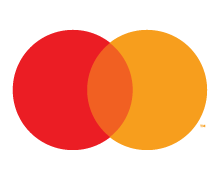
Credit Cards
Mastercard credit cards are issued to customers not by Mastercard, but by an issuing bank. These credit cards will have varying terms/rewards, as every bank is different. The below guide is a handy reference to see how cards are typically classified. Note that issuing banks have a lot of “leeway” in how they classify a card. So, some cards may have similar benefit structures, yet will fall into different categories. What’s important to keep in mind is that you have NO control over this aspect of card acceptance. You can’t tell what type of card you’re accepting just by looking at it, and most customers won’t even know their card type if you ask them. This process is designed to be “invisible” and in the background.

Core Value
These are the more “basic” Mastercard credit cards. They still include a bunch of perks like identity theft services and price protection from some retailers. These are cards that are often times co-branded from a specific retailer, or that will be issued by smaller local banks or credit unions. Interchange rates for these cards are the lowest.
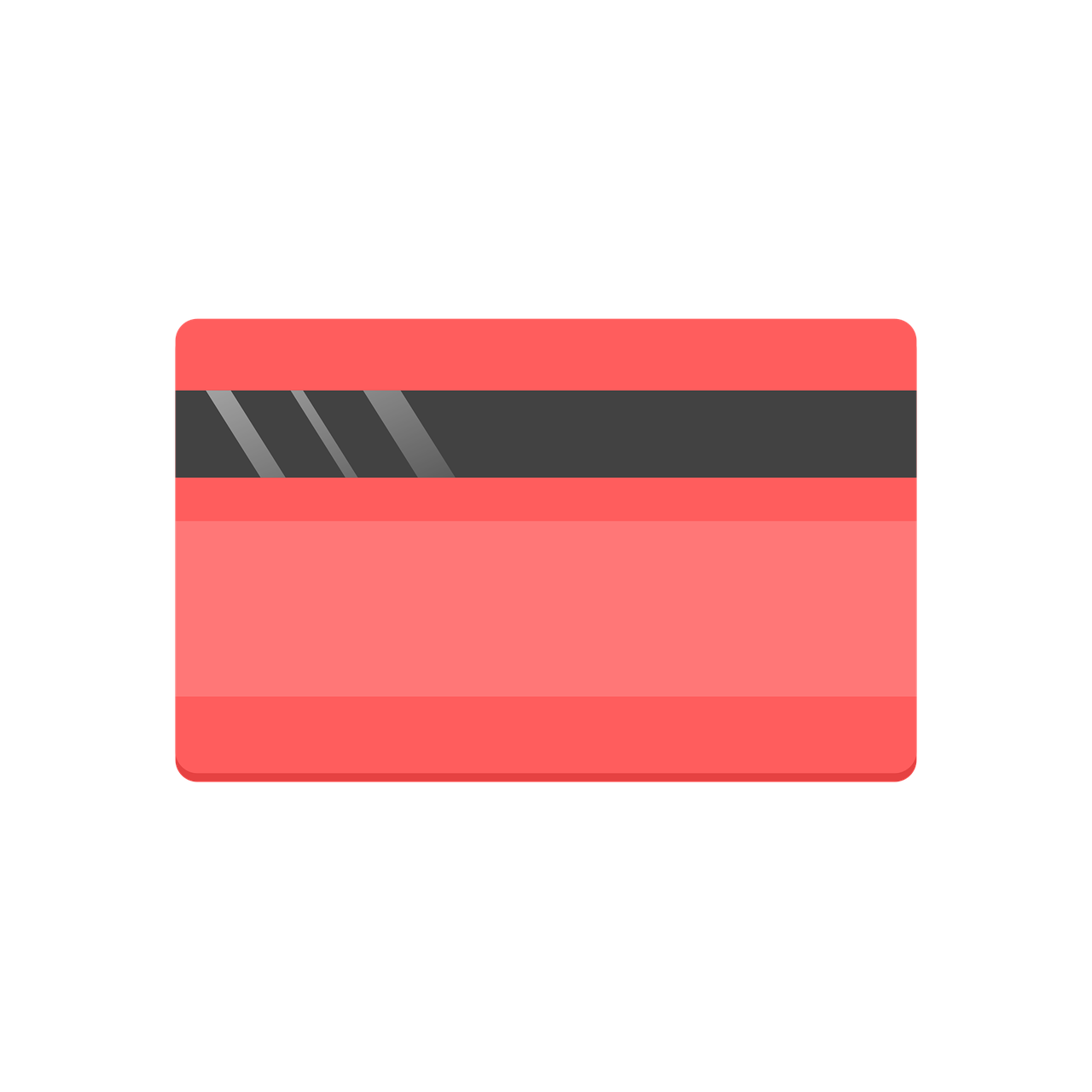
Enhanced Value
Enhanced cards are similar to the Core cards, but typically include an extra set of rewards, typically exclusive to groceries and fuel purchases. Enhanced cards have similar interchange structures as the World Cards.
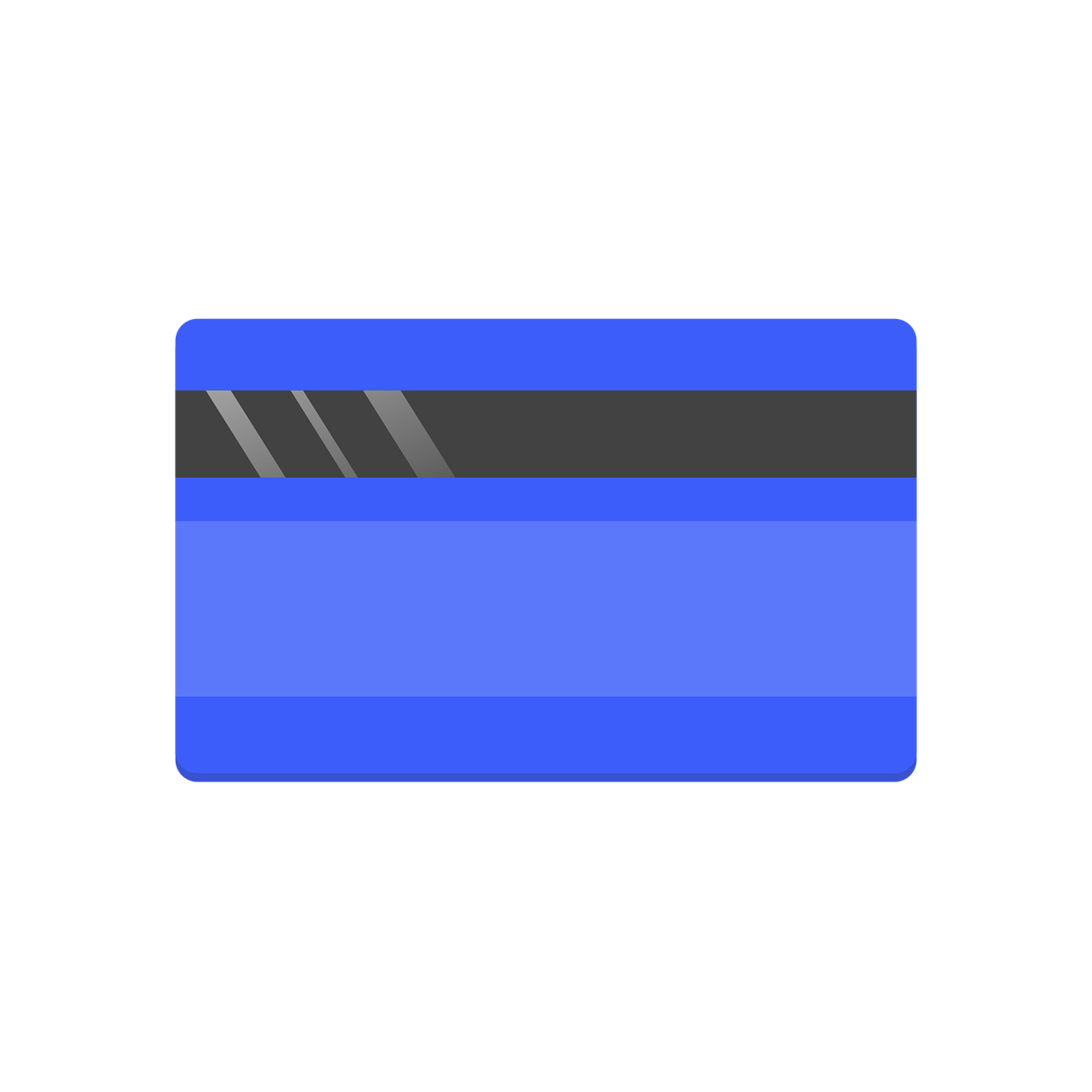
World Card
World cards are the most common “rewards” card type in the Mastercard family. Most people know these cards from the flashy commercials and promises of “XYZ” rewards. Cards will often have a cash-back component, and are typically targeted at higher-net-worth spenders. Sometimes, cards in this category may have an annual fee. Benefits are stronger, and Interchange Rates are higher.
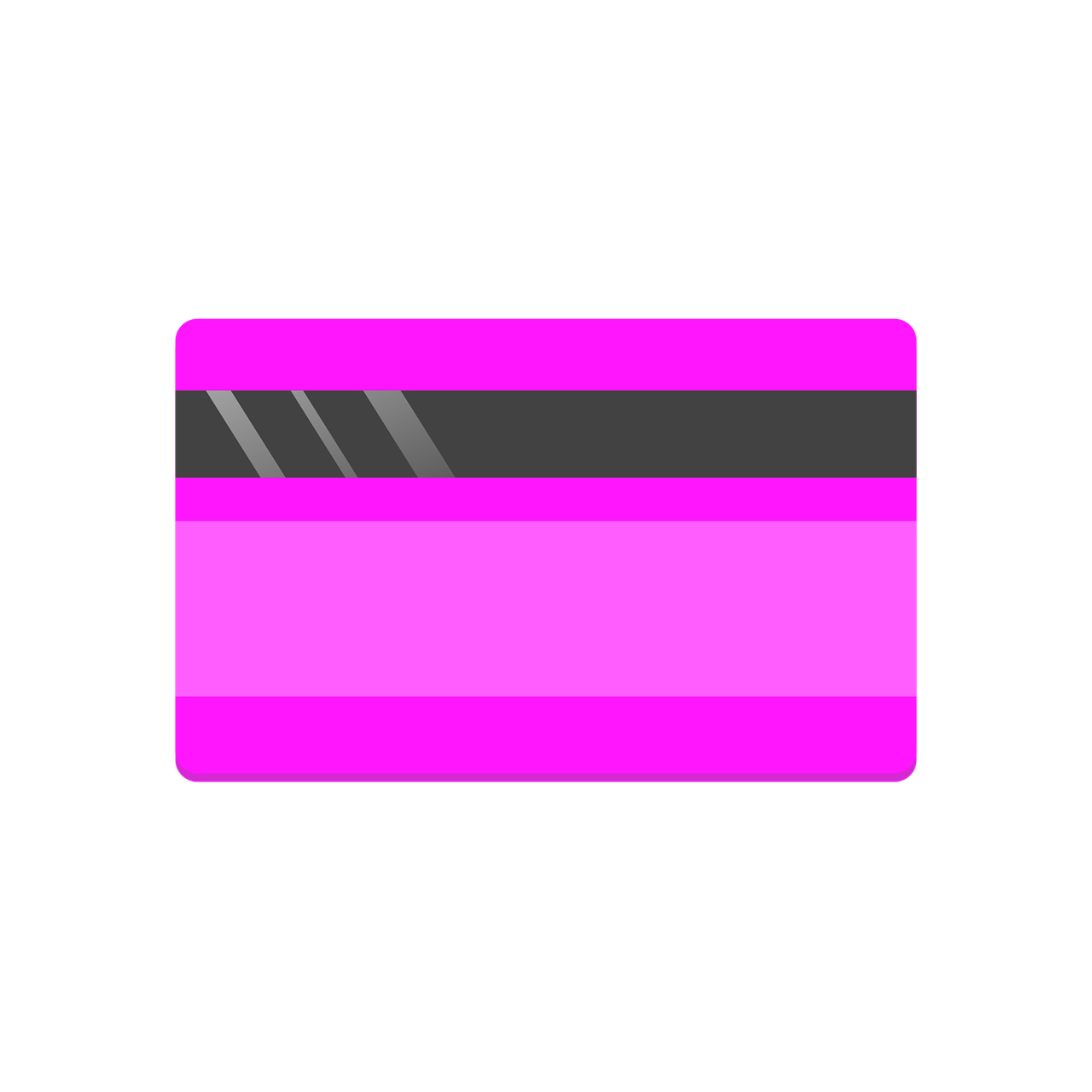
World Elite
World Elite is the cat’s meow of the Mastercard brand. It heavily focuses on high-spend customers, and benefits are geared strongly towards travel. Cardholders will get access to a variety of fancy extras. Most customers will pay a decently-sized annual fee for the extra perks. Interchange rates are among the highest.
What about Debit and Prepaid?

Debit / Prepaid Cards
Most Debit and Prepaid cards work differently than credit cards, as they’re regulated by the federal government. As such – there are far less categories/classifications of debit cards. Instead, debit and prepaid cards are treated either as “regulated” by the government, or they’re not. So typically, as the merchant, you’ll have a better idea of what rate you’ll pay when a customer hands you a debit cards. See the two main categories, below.

Regulated Debit / Prepaid
Regulated debit and prepaid cards are just that – they’re regulated by the federal government, to be “capped” at a specific interchange rate. When the Durbin amendment passed through Congress in 2011, it forced all banks with assets over $10 billion to cap interchange fees at 0.05% and $0.22/transaction for all debit/prepaid cards , in all circumstances, no matter what. This means debit/prepaid cards from big banks will always have low interchange rates.
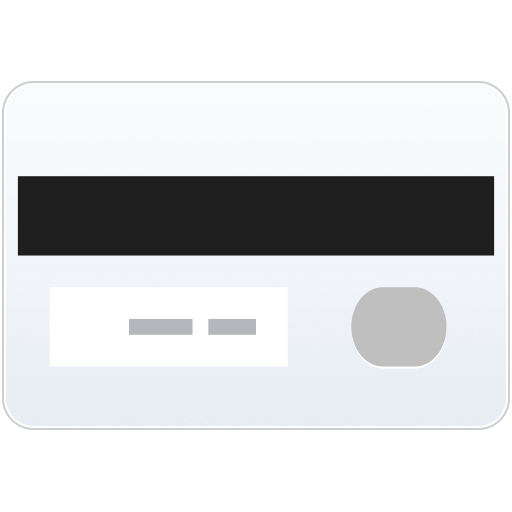
Exempt (Non-Regulated) Debit
This card type refers to any debit card that is issued by a bank that doesn’t have at least $10 billion in assets. So, think smaller. Local banks, credit unions, and other smaller financial institutions that issue credit cards will fall into this category. Non-regulated debit cards are still cheap compared to their credit counterparts, since there’s little risk of dispute/fraud for the issuing bank. Interchange rates are typically less that credit rates, but higher than regulated debit card rates.

Exempt (Non-Regulated) Prepaid
Same idea as an exempt debit card – this card type refers to any prepaid card that is issued by a bank that doesn’t have at least $10 billion in assets. Interchange rates are similar to their debit counterparts.
The Mastercard logo and all other distinguishing marks are access marks, service marks, trademarks or registered trademarks of Mastercard, and are used with permission.